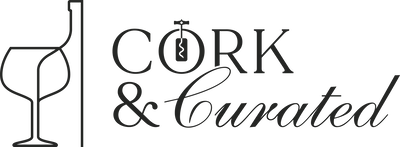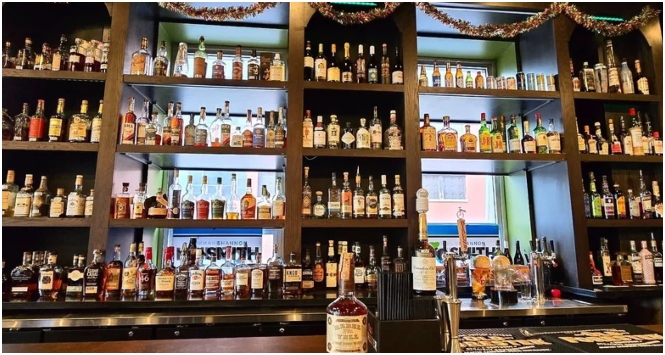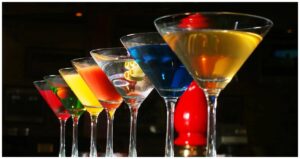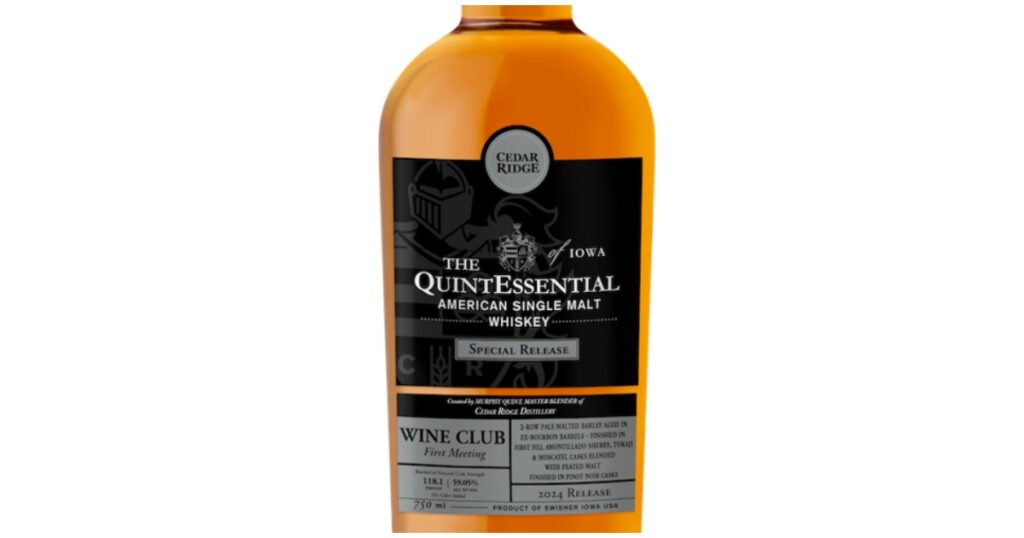The California alcoholic beverage industry is gearing up for major legal updates in 2025. Recent amendments, effective now or rolling out soon, impact producers, wholesalers, and retailers of beer, wine, and spirits.
From mandatory electronic funds transfers (EFT) to expanded entertainment zones and new cannabis café licenses, here’s what industry professionals need to know.
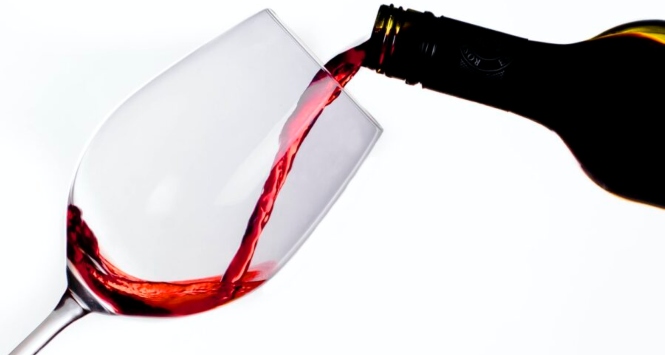
Key Highlights of New Laws
- Mandatory EFT Payments (AB 2991)
Starting January 1, 2026, retailers must use electronic funds transfers for payments to wholesalers. Exceptions apply, such as new license holders or temporary service interruptions. This law aims to streamline transactions but raises questions about retailer-wholesaler relationships and delivery definitions. - Hemp Product Ban (DPH-24-005E)
Effective September 2024, products with detectable THC are banned outside THC-licensed stores. This rule, enforced rigorously, primarily affects small retailers unprepared for the swift regulatory shift. - Amsterdam-Style Cannabis Cafés (AB 1775)
Local jurisdictions can now approve cafés where cannabis consumption and non-cannabis food and drink are served. Alcohol service remains prohibited at these venues, ensuring distinct regulatory boundaries. - Biometric Age Verification (SB 1371)
Retailers may now use biometric systems to verify age, offering a legal defense against underage sales allegations. While promising, this technology requires significant investment and staff training. - Expanded Entertainment Zones (SB 969)
Originally piloted in San Francisco, entertainment zones—areas permitting open alcohol consumption—can now be established statewide. This expansion is expected to boost local economies while redefining public alcohol consumption norms. - Drink Spiking Prevention Measures (AB 2375, AB 2389)
New rules mandate Type 48 licensees (bars and nightclubs without food service) to provide drink lids and drug testing kits, with staff required to report suspected drink spiking incidents to law enforcement. - 4 AM Service at Intuit Dome (AB 3206)
Los Angeles Clippers’ Intuit Dome becomes the first venue in California authorized to serve alcohol until 4 AM, but only in exclusive club areas after major events. - Distillery Direct-to-Consumer (DTC) Privileges Extended (AB 3203)
Craft distillers can continue shipping spirits directly to consumers through January 2026, maintaining a valuable revenue stream. - Beer Catering Permits (AB 2174)
Licensed beer manufacturers can now apply for Type 91 catering permits, allowing beer sales at off-site catered events.
What’s Next for 2025 and Beyond
The Alcoholic Beverage Control (ABC) and federal regulators will refine these laws and address ongoing changes, including proposed updates to advertising and licensing rules.
Stakeholders should monitor developments to stay compliant and capitalize on new opportunities.
Implications for the Industry
The new laws reflect California’s evolving regulatory landscape, balancing consumer safety, innovation, and economic growth.
From advanced age verification to expanded entertainment zones, businesses must adapt to remain competitive in this dynamic market.
